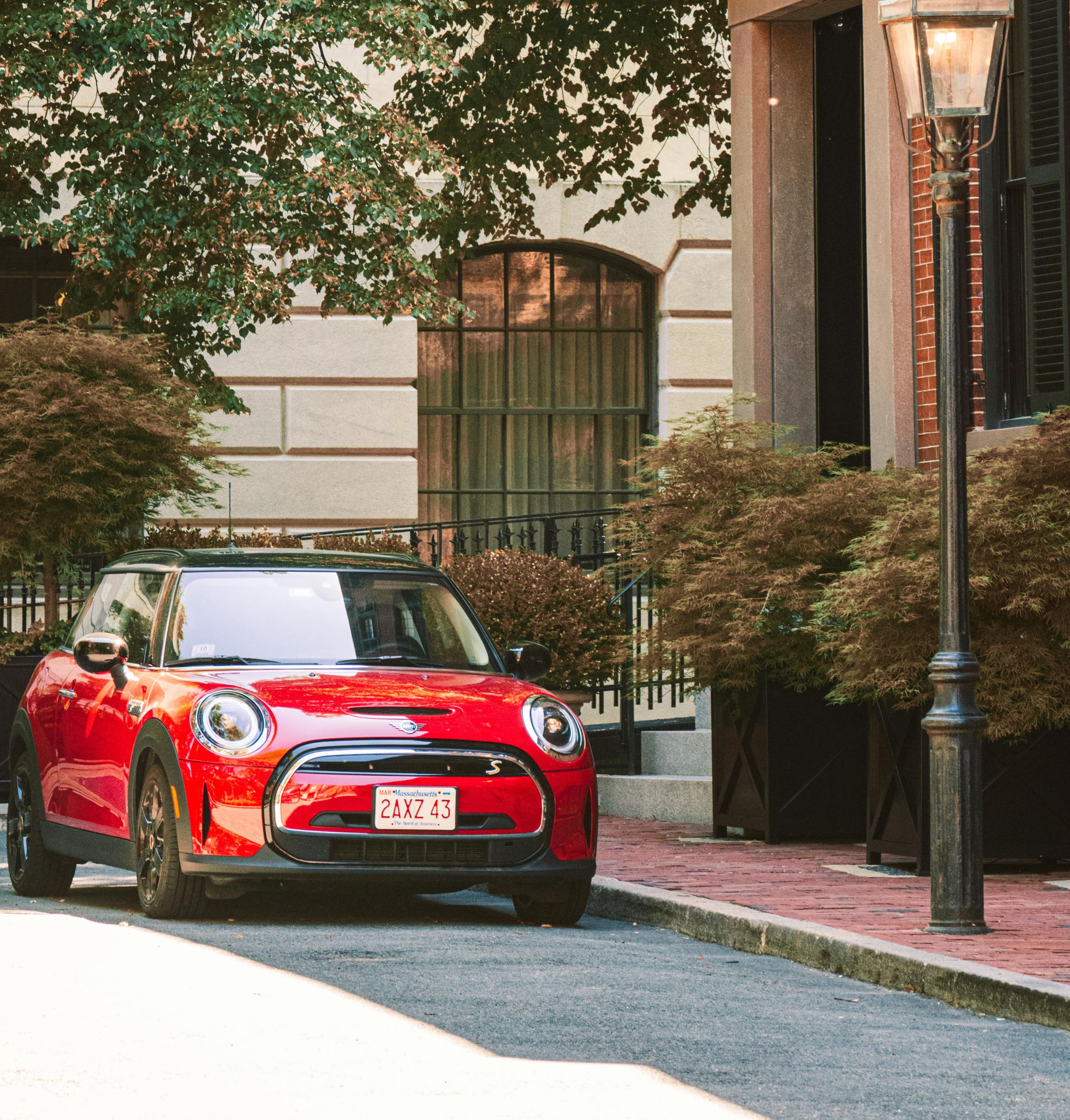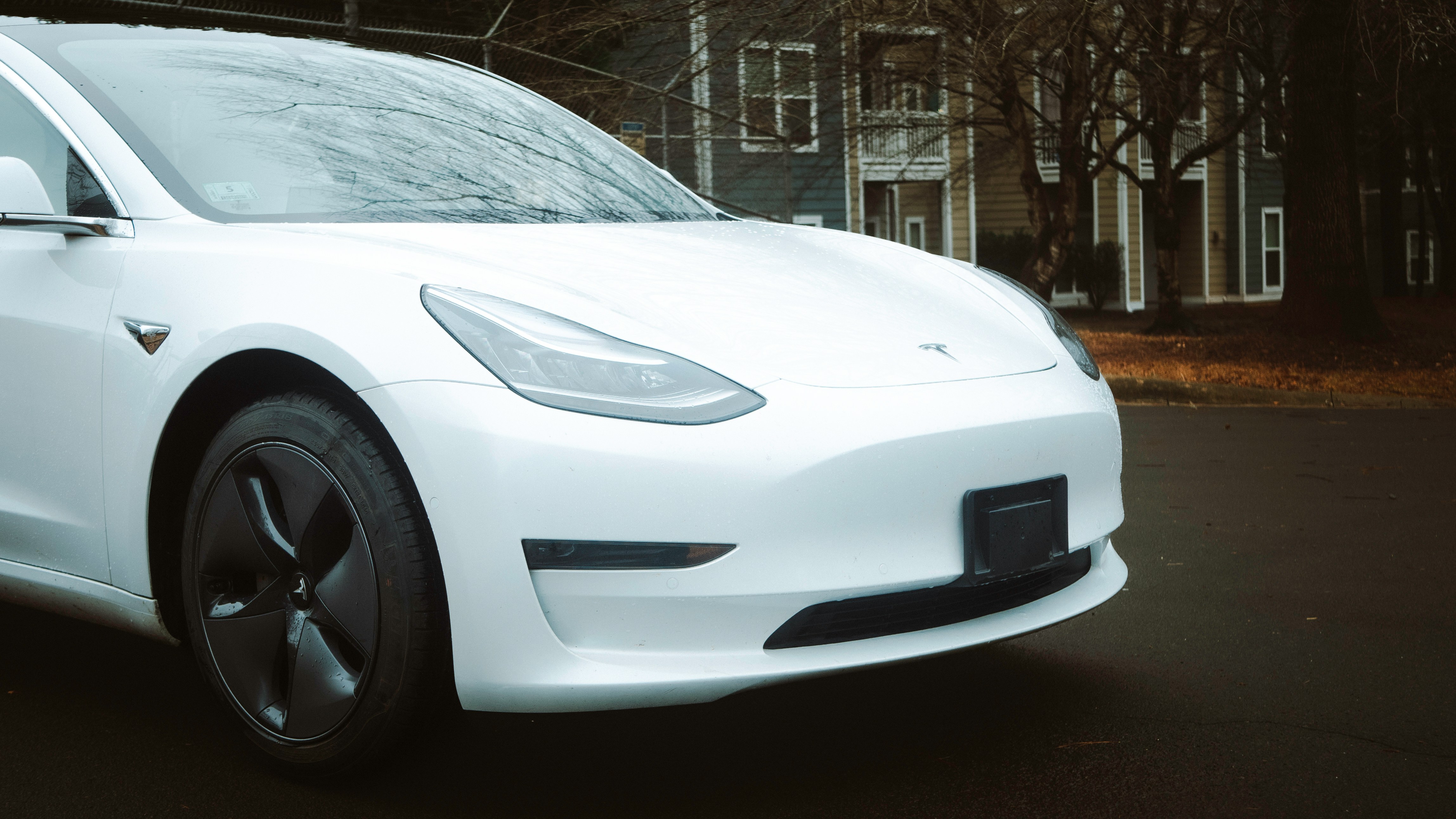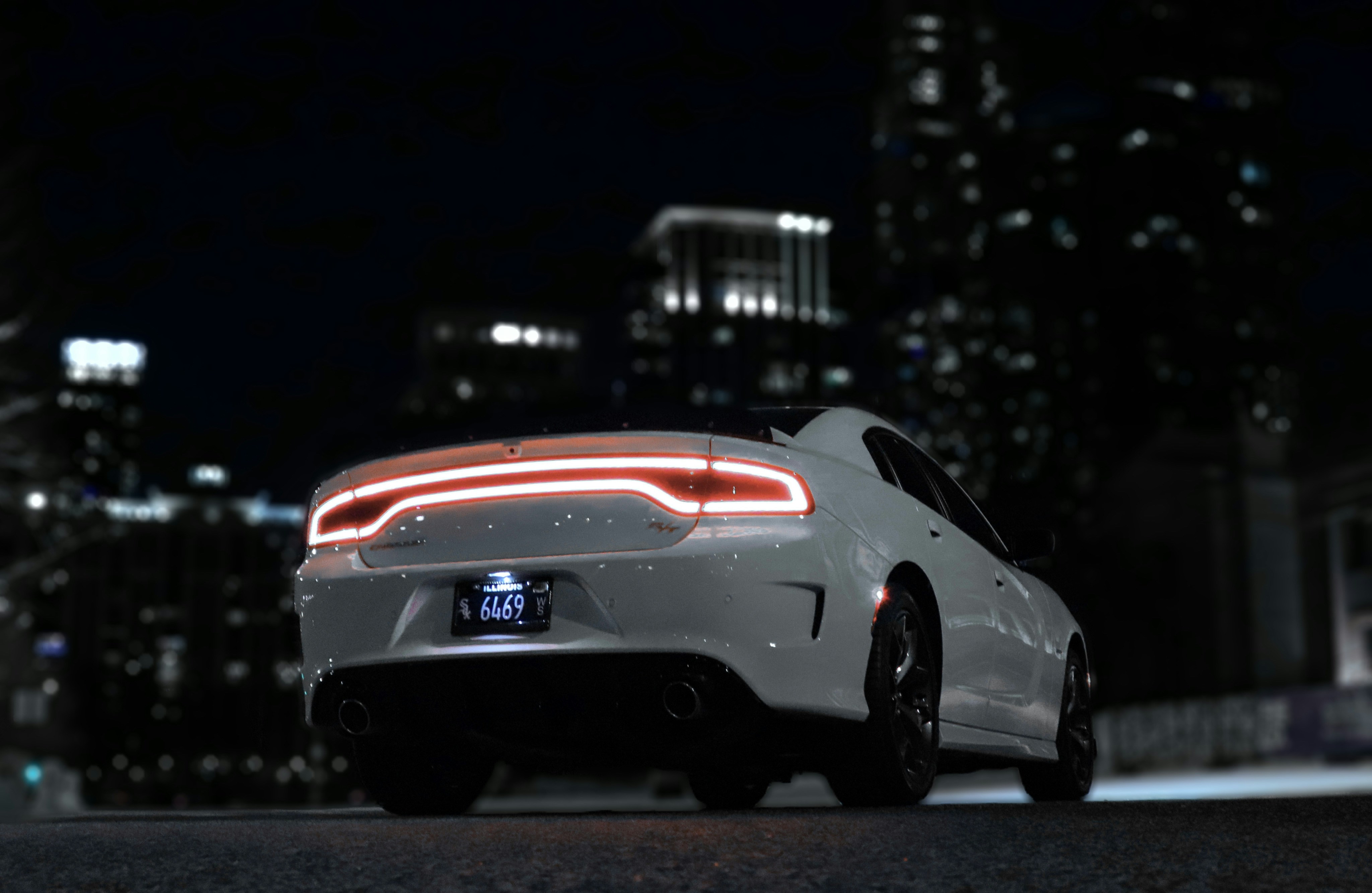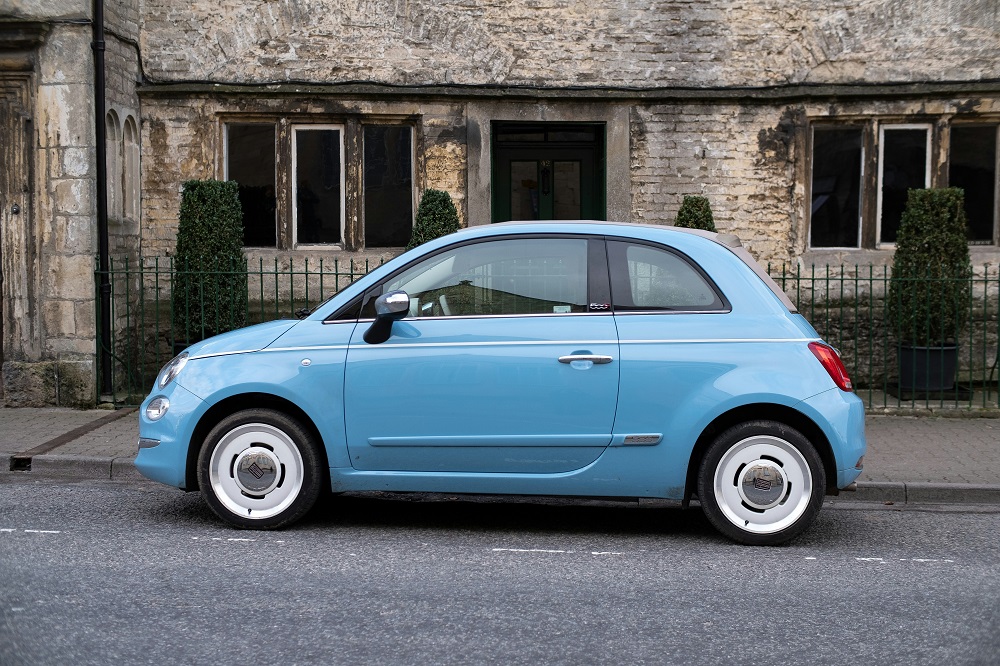The essential criteria for choosing a small car

Looking for a small car that fits your needs? Whether it’s for a short-term rental, a long-term lease (LOAD/LDD), or a purchase, each option comes with different considerations. Compact cars are known for their fuel efficiency, ease of parking, and affordability, but choosing the right one depends on how and where you plan to use it.
For a rental car, Europcar offers a variety of small models that make city driving and road trips stress-free. But what features should you specifically look for?
Renting a small car for a trip
A rental car should be practical, comfortable, and cost-effective. If you’re staying in a big city, a compact model is ideal for tight parking spots and busy traffic. For longer trips, fuel efficiency and storage space become more important.
What to consider when renting a small car?
1. Fuel type: Gasoline, hybrid, electric, or diesel?
The fuel type will impact both driving comfort and running costs.
- Gasoline (Petrol): Standard small rental cars often run on gasoline. They offer good fuel economy and low rental costs, making them ideal for city driving and short distances. However, if you plan to drive long distances, fuel consumption might add up. A Peugeot 208 or a Volkswagen Polo are classic gasoline-powered city cars.
- Hybrid: A Toyota Yaris Hybrid or Renault Clio Hybrid is an excellent choice if you want to save fuel, especially in stop-and-go city traffic. Hybrids automatically switch between gasoline and electric power, reducing fuel consumption and emissions.
- Electric: If you’re renting for short distances in a city, an electric car like the Fiat 500e or Renault Zoe is a great eco-friendly option. Many European cities offer free or discounted parking and access to restricted areas for EVs. However, range limitations and charging availability must be considered for longer trips.
- Diesel: Diesel small cars, like the Ford Fiesta TDCi, offer excellent fuel economy on highways, making them great for road trips. However, many cities have low-emission zones that restrict diesel vehicles, so always check local regulations before renting.
2. Transmission: Manual or automatic?
In Europe, many rental cars come with manual transmissions by default, while automatic cars are more common in North America. If you’re not comfortable with a stick shift, make sure to request an automatic model in advance, as availability can be limited.
3. Luggage and passenger space
Small cars vary in storage capacity. A Fiat 500 is perfect for solo travelers or couples with light luggage, but if you’re traveling with friends or family, a Volkswagen Golf or Renault Clio provides extra space. If you need more room for suitcases, a small SUV like the Peugeot 2008 offers a better balance between compact size and storage.
4. Features for comfort and safety
A long road trip or a busy city commute is much easier with modern features. When choosing your rental car, look for:
- Air conditioning and heated seats for comfort in different climates.
- Bluetooth connectivity and GPS for easy navigation.
- Cruise control and lane assist for relaxed highway driving.
- Reversing cameras and parking sensors for navigating tight city streets.
5. Rental conditions and insurance
Be sure to check what’s included in the rental package to avoid unexpected costs:
- Mileage limits: Some rentals come with daily or weekly mileage caps. If you’re planning long drives, opt for an unlimited mileage package.
- Insurance coverage: Basic insurance is usually included, but adding extra coverage for theft, collision damage, or roadside assistance can be helpful, especially in unfamiliar areas.
- Fuel policy: Many rental agencies offer “full-to-full” fuel policies—returning the car with a full tank avoids extra refueling charges.
Are electric rental cars worth it?
If you’re renting a car in a big city, an electric vehicle (EV) can save you money on fuel and parking. Many cities offer free or discounted charging stations and allow EVs to access areas restricted to gasoline or diesel cars. However, if you’re traveling long distances or unfamiliar with charging networks, a hybrid might be a safer choice to avoid range anxiety.

Leasing a small car (LOAD/LDD)
For those who need a car for the long run but don’t want to commit to buying, leasing is a great option. A long-term lease (LOAD/LDD) gives you access to a new vehicle with lower monthly costs compared to ownership, plus maintenance and warranty coverage. Whether you need a small car for daily commutes or occasional trips, the right choice depends on the contract, your driving habits, and fuel type.
What to consider when leasing a small car?
1. Fuel type: Gasoline, hybrid, electric, or diesel?
The type of engine you choose will impact running costs, resale value, and driving convenience.
- Gasoline (Petrol): Gasoline cars remain a popular lease option for their affordability and availability. A Peugeot 208 or Volkswagen Polo is a great choice for city commuting with good fuel economy. However, gasoline cars depreciate faster than hybrid or electric models, which can impact the lease-end value.
- Hybrid: Leasing a Toyota Yaris Hybrid or Renault Clio Hybrid is ideal for drivers who want better fuel economy without range anxiety. Hybrids reduce fuel consumption in city driving and offer lower CO₂ emissions, making them attractive for environmentally conscious drivers.
- Electric: With many governments offering incentives for EV leases, models like the Renault Zoe or Peugeot e-208 are becoming increasingly popular. They reduce fuel and maintenance costs, but check if you have access to charging stations before committing.
- Diesel: Diesel cars offer exceptional fuel economy on highways, making them great for high-mileage drivers. A Ford Fiesta Diesel or Opel Corsa Diesel can be a solid option for long-term leases, but with more cities restricting diesel vehicles, resale value may drop significantly.
2. Lease duration and monthly cost
Leasing contracts typically last 24 to 48 months, with longer terms offering lower monthly payments. However, shorter leases give you the flexibility to upgrade to newer models more frequently.
A 24-month lease on a Toyota Yaris Hybrid might cost slightly more per month than a 36-month lease, but it allows you to switch to a new model sooner. If you’d rather not be locked into a long contract, you can opt for a flexible lease that allows modifications.
3. Mileage limits
Most leases come with mileage restrictions, usually between 10,000 and 15,000 miles per year. If you exceed this limit, you’ll face additional charges per mile. If you drive a lot, negotiate a higher mileage allowance upfront to avoid paying extra at the end of the lease.
A daily commuter who drives 50 miles per day would quickly surpass a 10,000-mile annual limit, making it better to opt for a high-mileage lease plan.
4. Technology and safety features
Since leasing allows you to drive a new car every few years, it’s worth choosing a model that includes the latest features. Many compact lease cars now come with:
- Adaptive cruise control and lane-keeping assist for highway driving.
- Automatic emergency braking and blind-spot detection for safety.
- Infotainment systems with Apple CarPlay and Android Auto for convenience.
- Parking sensors and 360° cameras to make city driving easier.
5. Maintenance and insurance coverage
One of the biggest benefits of leasing is that many contracts include servicing and maintenance costs. Some even cover tires and roadside assistance. However, this isn’t always the case, so check the terms carefully.
Insurance can be more expensive for leased cars, as some providers require comprehensive coverage. A small, low-emission car like the Hyundai i10 is generally cheaper to insure than a performance model.
6. Lease-end options
At the end of your lease, you usually have three options:
- Return the car and lease a new one.
- Extend the lease for a few months or another year.
- Buy the car at its residual value if you like it enough to keep it.
If you think you might want to purchase the vehicle later, look for leases with purchase options that offer a fair buyout price.
Can you lease an electric car if you don’t have a home charger?
Yes! Many leasing companies now offer charging solutions, such as discounted access to public charging networks or the installation of a home charger as part of the contract. If you live in an apartment or don’t have a private parking space, consider an EV with a long range (over 250 miles per charge) or a hybrid for more flexibility.
Buying a small car
Thinking about buying a small car? Whether it’s your first car, a second vehicle for city driving, or a budget-friendly option, compact models offer great advantages. They’re easy to park, fuel-efficient, and generally cost less to maintain than larger vehicles. But with so many options, how do you pick the right one? It all comes down to your driving habits, budget, and the features that matter most to you.
What to consider when buying a small car?
1. New or used: Which makes more sense?
Buying new means getting the latest technology, full warranty coverage, and zero previous wear. If you plan to keep the car for years, a brand-new Toyota Yaris or Volkswagen Polo can be a smart long-term investment.
Going used or certified pre-owned (CPO), on the other hand, lets you save money upfront. A three-year-old Ford Fiesta or Renault Clio often costs thousands less than a new model while still offering modern features. Plus, CPO programs usually include a warranty and quality checks.
💡 Tip: If you’re on a budget but still want reliability, look for cars with low mileage and a full service history.
2. Fuel type: Gasoline, hybrid, electric, or diesel?
Choosing the right engine isn’t just about fuel costs—it’s about your daily driving needs.
- Gasoline (Petrol): Great for short trips and city driving. A Peugeot 208 or Hyundai i20 is efficient and cheap to run, but fuel costs add up for long distances.
- Hybrid: Want better mileage without worrying about charging? A Toyota Yaris Hybrid cuts fuel consumption in stop-and-go traffic, making it ideal for urban commutes.
- Electric: If you have access to a charger, an electric Fiat 500 or Renault Zoe is perfect for city life. EVs offer low running costs, tax incentives, and a smooth driving experience, but range and charging access can be dealbreakers.
- Diesel: If you drive mostly on highways, a diesel-powered Ford Fiesta or Opel Corsa will save you fuel. However, more cities are restricting diesel cars, so think about long-term resale value.
3. Interior space and practicality
Small cars aren’t all the same inside! Some offer surprisingly spacious cabins, while others are better suited for solo drivers.
If you need room for passengers or luggage, models like the Volkswagen Golf or Renault Clio offer more rear-seat space and trunk capacity than a tiny Fiat 500 or Toyota Aygo. Planning road trips? A foldable rear seat and extra storage compartments can make a huge difference.
4. Safety and technology features
Modern small cars are packed with tech that makes driving safer and more convenient. Even budget-friendly models now come with:
- Automatic emergency braking (AEB) to prevent collisions.
- Lane-keeping assist to help you stay centered on highways.
- Rearview cameras and parking sensors for stress-free city parking.
- Infotainment systems with Apple CarPlay and Android Auto to keep you connected on the go.
💡 Tip: If you’re buying used, check if the software and navigation system can still receive updates. Some older models may lack compatibility with modern apps.
5. Total cost of ownership
A car’s sticker price isn’t the only cost to consider. Maintenance, insurance, taxes, and fuel all add up over time.
- Insurance: Small cars generally cost less to insure, but a sporty Mini Cooper will have higher rates than a standard Hyundai i10.
- Maintenance: Some brands are cheaper to service than others. Dacia Sandero and Toyota Aygo, for example, are known for their low maintenance costs.
- Resale value: If you plan to upgrade in a few years, models like the Honda Jazz or Volkswagen Polo tend to hold their value better than less popular brands.
6. Test drive before you buy
Never buy a car without driving it first! What looks great on paper might feel uncomfortable behind the wheel. Check the driving position, visibility, and responsiveness. Try city streets, highways, and tight parking maneuvers to see how it really handles.
Is an electric car a good choice for city driving?
Absolutely! If you mostly drive in urban areas, an EV like the Renault Zoe or Mini Electric can save you money on fuel and emissions taxes. Many cities offer free parking and special lanes for electric vehicles, making daily driving easier. Just be sure to check if you have convenient charging options near home or work.
What to remember?
- Renting a small car is the best choice for short-term flexibility, city driving, or vacations. It’s fuel-efficient, easy to park, and comes with no long-term commitment.
- Leasing (LOAD/LDD) is ideal if you want a new car with lower monthly payments but don’t want to deal with resale. Checking mileage limits and maintenance coverage is essential.
- Buying a small car is great for long-term investment. Factors like fuel economy, resale value, and technology features can make a big difference.
- Need a flexible option? Renting with Europcar gives you access to a range of small cars for city driving, road trips, and long-term rentals.


